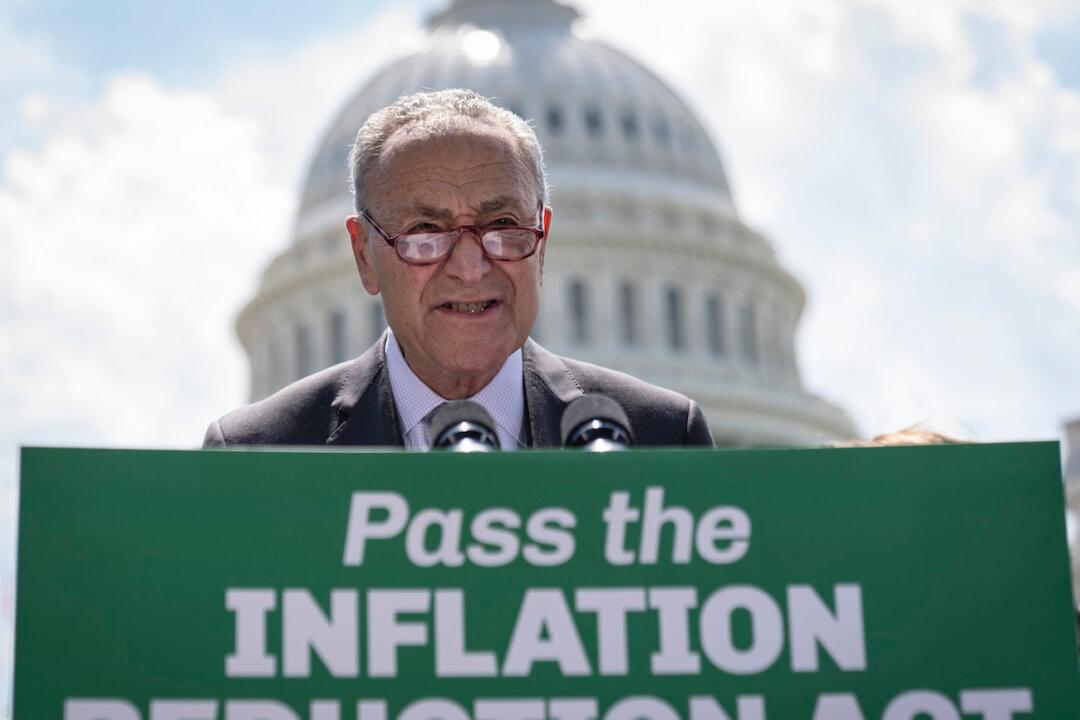The Democrats’ Inflation Reduction Act will not reduce inflation as claimed and might end up harming the American economy, a finance professor said in an interview with NTD.
“They really didn’t name this inflation reduction act correctly, it should be exactly the opposite,” Michael Busler from Stockton University said in the interview. The Act will neither reduce the country’s high inflation nor speed up economic growth, he said. The economy has had two consecutive quarters of negative GDP growth, which indicates a recession.






